Welcome to Canada Brass
Your online resource for reloading, repairs and outdoor adventure. We carry a large selection of reloading components, gun parts and firearm accessories at great prices. Our inventory is 100% live and everything ships from our own warehouse.
If you're looking for something specific, please use our Search Bar and Top Menu.
















































































